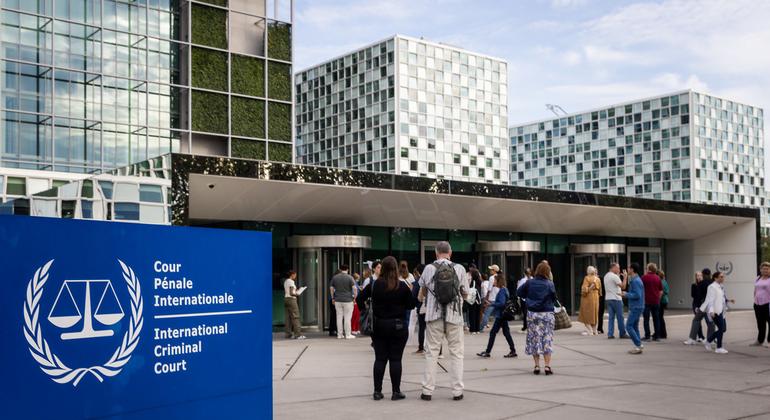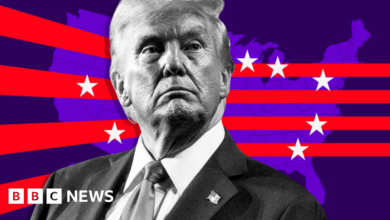ICC issues arrest warrant for Israel, Hamas leader: what happens next?


Why was the arrest warrant issued?
The ICC can only investigate and prosecute if the national justice systems of the countries concerned do not, in the eyes of the Court, conduct substantive investigations or prosecutions of similar alleged crimes .
“The primary responsibility lies with the national justice system,” ICC spokesman Fadil Abdullah told UN News. “However, if there is no real investigation and prosecution, the court must investigate and prosecute when legal conditions are met. So what that means is that it is not enough to just have a legal system but it is also necessary to demonstrate that the legal system is effective in relation to the crime or alleged crimes.”
The arrest warrants, related to alleged war crimes stemming from the year-long Gaza conflict sparked by Hamas-led attacks in Israel, showed judges found a basis for reasonable to believe that the suspects are responsible for crimes falling under the jurisdiction of the ICC.
This is just the first step
At the pre-trial stage, the defendants objected to the admission of proceedings. “The state concerned or the suspect involved can ask the ICC to stop the proceedings against him or her, but that must be based on evidence that there are genuine prosecutions,” Mr. Abdullah said. seriously, at the national level for similar alleged conduct.”
It is important to note that the ICC does not conduct testing absent: the defendant must be present in person for the case to begin.
All defendants are presumed innocent until proven guilty beyond a reasonable doubt before the ICC. Every defendant has the right to a public and impartial trial. If and when suspects appear, they will be provided with a defense team if necessary and go through the process of confirming a charge hearing before the case can proceed to trial.
After the defendants appear in court, a “confirmation of charge” hearing will take place, at which judges will decide, after hearing from the defense, whether the prosecutor’s evidence remains sufficient. whether or not the case will be transferred to trial.
If they decide to proceed, the defense and prosecution will call witnesses and present evidence. Legal representatives of victims also have the right to present their views directly.
The court will then decide whether the defendant is innocent or guilty and what their sentence will be.
Finally, the defendants have the right to appeal to the ICC Appeals Chamber, which consists of 5 judges, different from the remaining 3 first instance judges and 3 trial judges.
What do these guarantees mean?
The answer to this question lies in the reason the court was established in the first place. Established in 2002, the ICC is the world’s first permanent treaty-based international criminal court to investigate and prosecute offenders. crimes against humanity, war crimes, genocide and crimes of aggression.
Arrest warrants send a signal that the rule of law must be upheld and provide a legitimate avenue for justice, which is critical to breaking the cycle of violence and retaliation.
States recognize the Court’s obligation to support orders
The court has no police to enforce its orders and depends on member states to carry out its orders. This means that, if Mr Netanyahu, Mr Gallant or Mr Deif (whom Israel claims killed, although this has not been confirmed by Hamas) visit one of the 124 countries that accept the Court’s jurisdiction, then the national authorities in question should arrest them and deliver them to a detention center in the Netherlands, where the Court is located.
Why issue arrest warrants if the defendants are unlikely to appear in court?
“The judges made their decision, based on the evidence and the rule of law as they interpreted it, and we need to respect that,” Mr. Abdullah declared.
“It is important for people to believe that the law is there for them and to believe that justice will be served, because if not, what options do we leave them with, other than to continue in a spiral of violence and revenge?”
Introducing ICC
the International Criminal Court (ICC) is not a member of the United Nations but has a cooperative and complementary relationship.
The ICC is an independent judicial body established by Rome Statutepassed in 1998 and effective in 2002.
It was established to tackle serious international crimes and ensure accountability when national justice systems are unable or unwilling to act.




